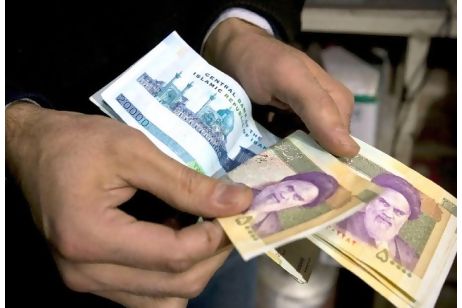"Our analysis suggests that the countries that will see the largest post-sanctions increase in trade with Iran include Britain, China, India, Turkey, and Saudi Arabia", the report said.
According to the WB`s report, the Iranian economy, which was in recession for two years, will receive a major boost from increased oil revenues—conservatively estimated at about $15 billion in the first year—and lower trade costs.
In addition, there are estimates that Iran holds about $107 billion worth of frozen assets (including LCs and oil exports earnings) overseas, of which an estimated $29 billion will be released immediately after sanctions removal.
"Finally, foreign direct investment (FDI), which had declined by billions of dollars following the tightening of sanctions in 2012, is expected to pick up. There has already been some interest shown by foreign multinationals since the April 2015 framework agreement, especially in the oil and gas sectors".
The World Bank expects FDI to eventually increase to about $3billon - $3.5 billion in a couple of years, double the level in 2015 but still below the peak in 2003. In addition to slowing down, the Iranian economy underwent a structural shift during the sanctions era, with the oil, automobile, construction and financial sectors declining the most. As sanctions are lifted, these sectors are likely to see an expansion of output.
"The most significant aspect of sanctions relief is that it enables resources to be shifted
to where they are more productive, that is, for the economy to produce more efficiently. For example, Iran can now produce and export those goods in which it has a comparative advantage, and import goods in which it does not. In short, sanctions relief
can be thought of as an economic windfall to the Iranian economy".
The World Bank estimates the size of this windfall as a welfare gain of $13 billion or 2.8 percent of current welfare. "Like all windfalls, however, they have to be properly managed in order that they sustainably benefit the population. In particular, as oil revenues enter the economy, the exchange rate will appreciate. While this will make
imports cheaper, it will also make non-oil exports less competitive".
The Islamic Republic and the group 5+1 (the US, UK, France, Russia, China, and Germany) reached a long-awaited comprehensive deal called the Joint Comprehensive Plan of Action (JCPOA) on July 14. It`s expected that the deal will be commenced in 2015, limiting Iranian nuclear activity in return for lifting all international sanctions that were placed on Iran.
More about:
















































